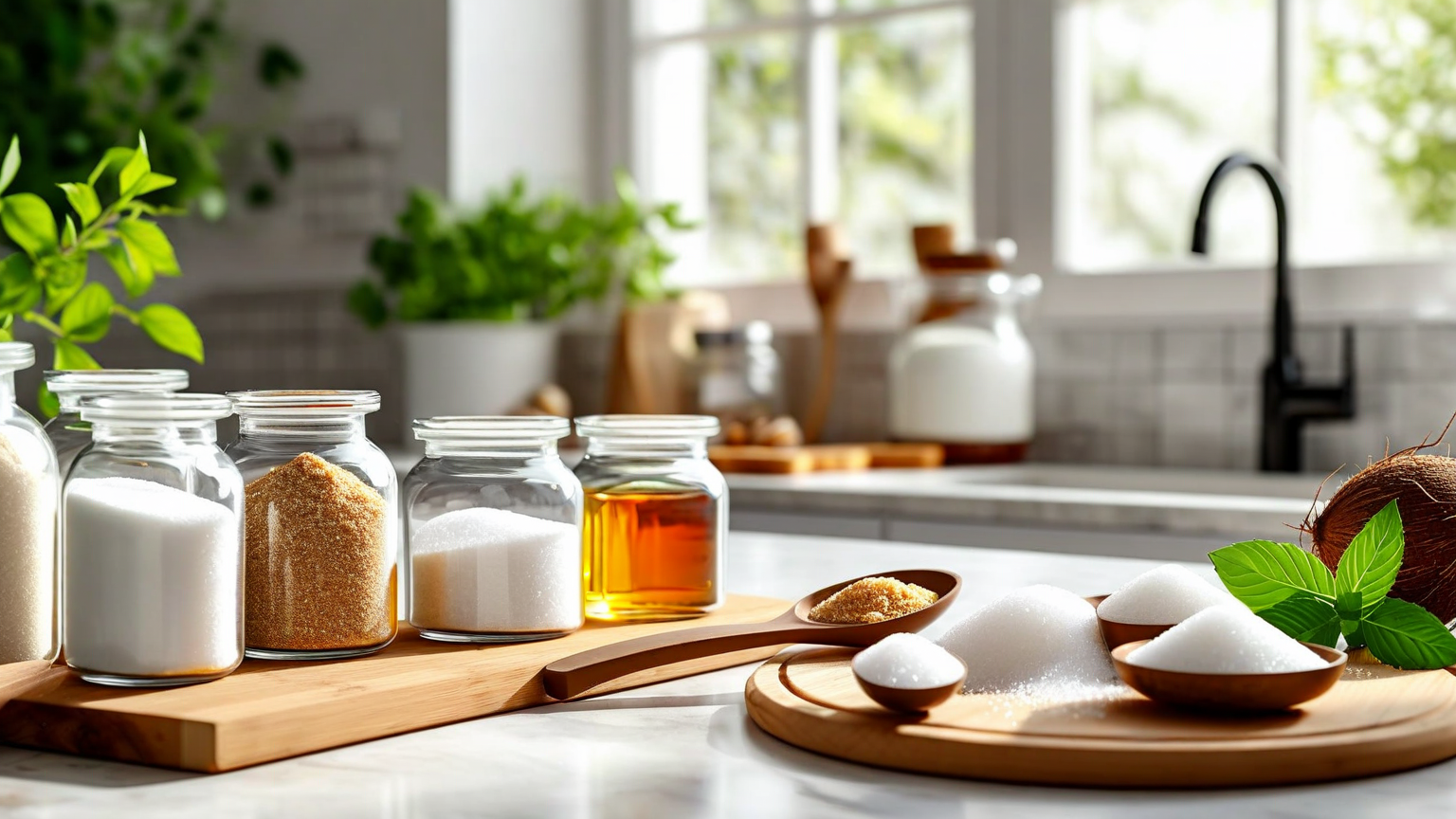I used to be that person who proudly announced at coffee shops, "I'll take agave instead of sugar - I'm trying to be healthy." I felt so smart, so informed. Little did I know that my "healthy" agave habit was spiking my blood sugar higher than regular table sugar ever would. That's when I realized the dirty little secret of the sugar alternative industry: not all refined sugar alternatives are created equal, and some of the most popular ones are actually worse for you than the sugar they're replacing.
Why Your Brain Is Wired to Crave Sweetness
Before we dive into the specific alternatives, let's talk about why we're all in this mess in the first place. Your brain is essentially a 3-pound toddler that runs on glucose and screams for more when it doesn't get its fix. Evolution wired us to seek out sweet, energy-dense foods because they were rare and valuable for survival.
The problem is that in 2025, we're still operating on caveman software in a world where sugar is as common as air. The average American consumes 77 grams of added sugar per day - that's nearly 20 teaspoons of pure sugar, when the American Heart Association recommends no more than 6 teaspoons for women and 9 for men.
This is where refined sugar alternatives come into play. The idea is simple: get the sweetness without the metabolic chaos of refined sugar. But here's where it gets tricky - not all alternatives are created equal, and some of them are just refined sugar in disguise.



